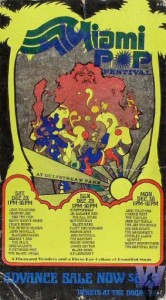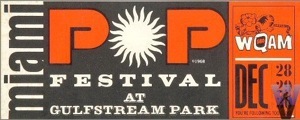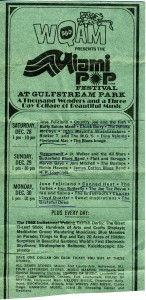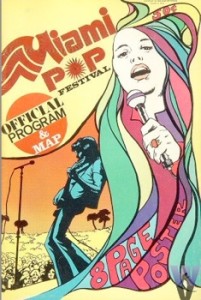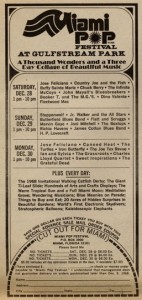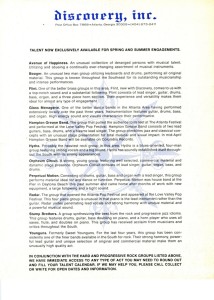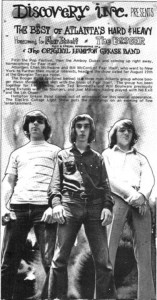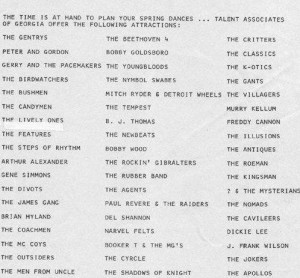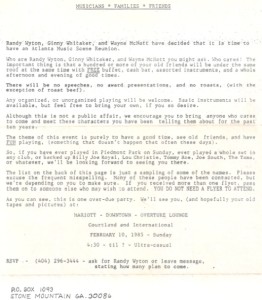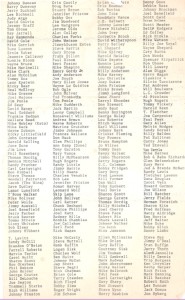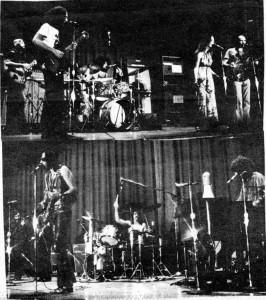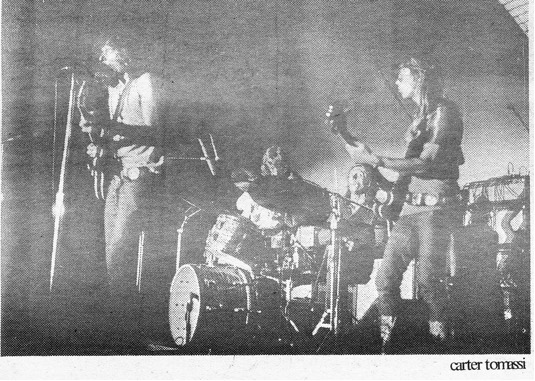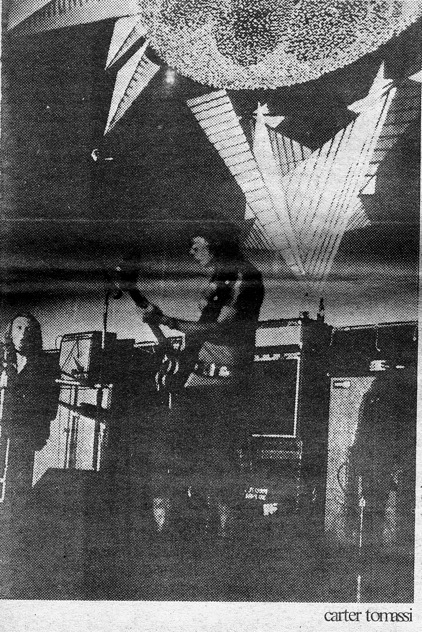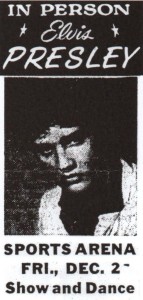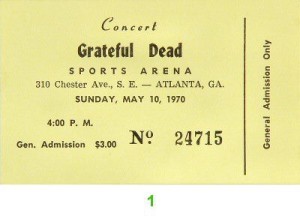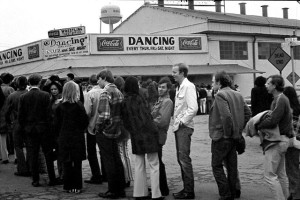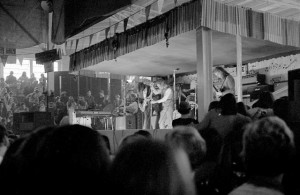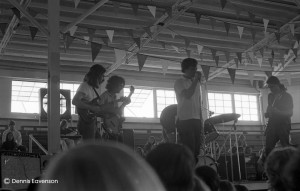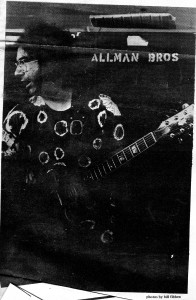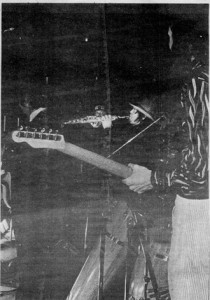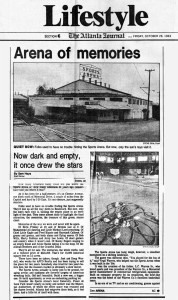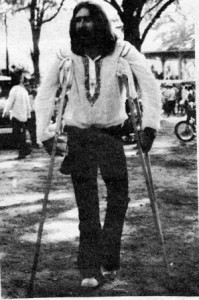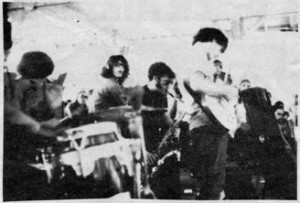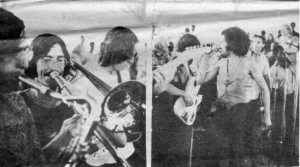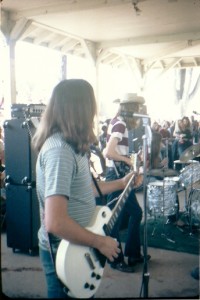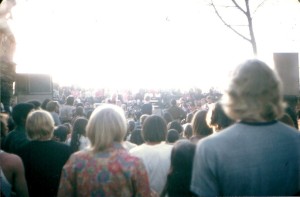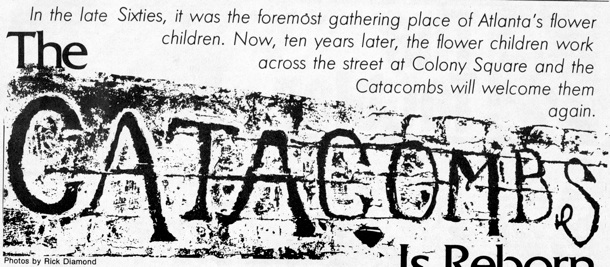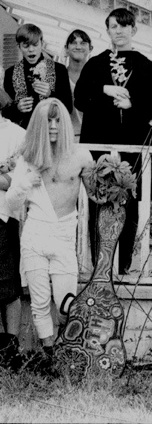On December 28-30, 1968, Gulfstream Park outside Miami hosted the Miami Pop Festival, post-Monterey and pre-Woodstock. Alex Cooley happened to attend and decided he wanted to put on a similar festival in Atlanta. The Miami Pop Festival drew 100,000 fans over three beautiful winter days, and featured many seminal acts of the time:
The Grateful Dead (Free download http://www.archive.org/details/gd68-12-29.sbd.cotsman.5425.sbeok.shnf), Chuck Berry, Marvin Gaye, Joni Mitchell, Richie Havens, Steppenwolf, Procol Harum, Country Joe and the Fish, Canned Heat, the Turtles, and Three Dog Night were among the fourteen daily acts that appeared on two stages — one at the grandstand and the other near the south end of the park — for the price of seven dollars per day.
According to Rolling Stone (February 1, 1969), the festival was “a monumental success in almost every aspect, the first significant — and truly festive — international pop festival held on the East Coast.” Woodstock, of course, took place in 1969, and Hallandale city officials, horrified by visions of stoned hippies dancing naked at Gulfstream, nixed plans for a second Miami Pop Festival.
(There is a book currently in the works after interviews with members or representatives of most performers as well as many of the attendees .)
2018 Exhibit about earlier Miami festival plus my poster for the REAL Miami Pop Festival on display.
Wikipedia says: The second Miami Pop Festival was held December 28–30, 1968, and was the first major rock festival on America’s east coast.[1][2] It was produced by a team led by Tom Rounds and Mel Lawrence, who had previously produced the seminal KFRC Fantasy Fair and Magic Mountain Music Festival on Mount Tamalpais in Marin County, California. The crowd size for the three days was estimated to be around 100,000.[3]
Performers covered a wide range of music genres,[4] and included:
- The Amboy Dukes
- Chuck Berry
- Blues Image
- The Box Tops
- Paul Butterfield Blues Band
- Canned Heat
- Wayne Cochran
- Cosmic Drum
- James Cotton Blues Band
- Country Joe and the Fish
- José Feliciano
- Fish Ray
- Flatt and Scruggs
- Fleetwood Mac
- Marvin Gaye
- The Grass Roots
- Grateful Dead
- Richie Havens
- Ian & Sylvia
- Iron Butterfly
- Junior Junkanoos
- Jr. Walker & The Allstars
- The Charles Lloyd Quartet
- Hugh Masekela
- Joni Mitchell
- Pacific Gas & Electric
- Procol Harum
- Terry Reid
- Buffy Sainte-Marie
- Steppenwolf
- The Sweet Inspirations
- Sweetwater
- Joe Tex
- Three Dog Night
- The Turtles
Many of these musicians were cast as superheroes in a commemorative comic book distributed at the event. Interesting moments during the festival included: Joni Mitchell inviting former Hollies member and new love interest Graham Nash, as well as Richie Havens to join her onstage to sing Dino Valenti’s “Get Together”; Jefferson Airplane’s Jack Casady playing bass guitar with Country Joe & the Fish; and folksinger/songwriter icon and Coconut Grove resident Fred Neil stopping in at the festival one day to hang out and enjoy the music.[4] Several acts advertised in early promotional materials did not appear, and their names were removed from subsequent promotions, including John Mayall’s Bluesbreakers, Dino Valenti and H.P. Lovecraft. Two bands who were expected to appear were unable to perform due to last-minute problems: The McCoys got snowbound in Canada and Booker T. Jones ofBooker T. & the M.G.’s got the flu.[5]
This festival was unique in that it was the first rock festival to have two entirely separate ‘main’ stages several hundred yards apart (the Flower Stage and the Flying Stage), both operating simultaneously and offering performers of equal calibre.[4][6][7]
Did you attend? Share your experience below if you wish.
Read my personal experience from the Miami Pop Festival.
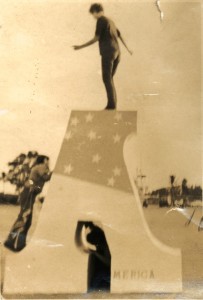
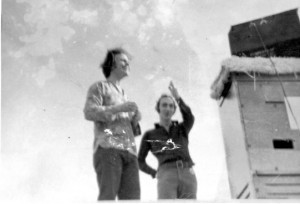
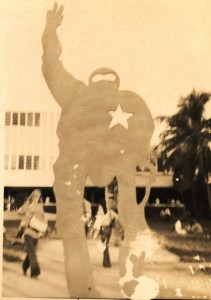
Did you attend? Share your experience below.
